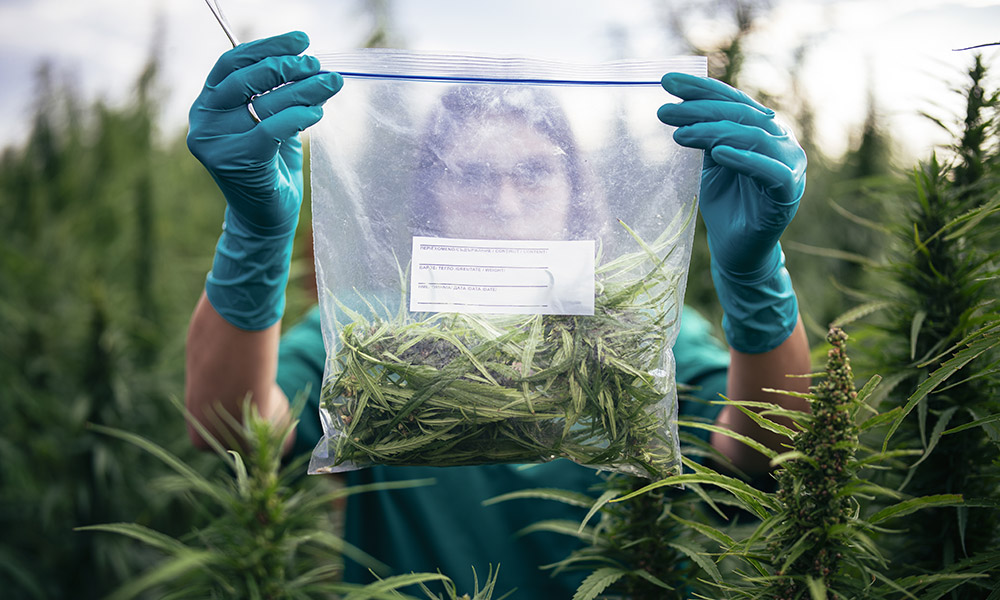
UBCO researchers are looking for insight about the impacts of cannabis use among Indigenous people since cannabis was legalized three years ago.
As Canada passes the three-year mark since cannabis became legal, an Indigenous-led research team at UBC Okanagan is looking at cannabis use among Indigenous Peoples of Turtle Island.
The team has partnered with Woodland Cree First Nation and Indigenous Bloom—an Indigenous cooperative of cannabis retail and cultivation—for insight into the impacts of cannabis use since legalization. The study will examine motives of use, especially when it comes to pain management or substitution of other substances, during the COVID-19 pandemic.
Dr. Farrell, an adjunct professor in UBCO’s psychology department, says the predominantly Indigenous research team hopes to put a new lens on the motives for cannabis use and its potential harm-reduction benefits among Indigenous populations. She has spent the last several years working to advance cultural safety, the process of truth and reconciliation as well as supporting improved health and wellness outcomes for First Nations, Inuit and Métis Peoples within academic health research and health-care settings.
Dr. Farrell works with co-principal investigator Dr. Zach Walsh, a psychology professor in the Irving K. Barber Faculty of Arts and Social Sciences. He describes this Indigenous-led research as among the first of its kind in Canada.
Dr. Farrell discusses why this study, Cannabis Use among Indigenous Peoples of Turtle Island (CUTI), is unique and why this research matters.
CUTI is looking at the motivational use of cannabis among Indigenous Peoples. Can you explain why this is important?
To date, much of the research on cannabis use has centred on non-Indigenous populations in what is currently called “Canada,” and historically Indigenous Peoples have been excluded in cannabis research.
Ensuring equity and inclusion in cannabis research is important. When it comes to understanding motives for cannabis use among Indigenous Peoples—including assessing both risk for problematic use and potential benefits of therapeutic use for symptoms of chronic pain, anxiety, sleep and substitution—there is much to learn that can support health and wellness in Indigenous communities and inform public health programming.
Previous research has looked at cannabis use as an alternative to the use of other substances. Is your study contemplating this?
Absolutely. In the context of the COVID-19 pandemic, we are seeing increases in alcohol use and a record-high number of opioid-related overdoses and overdose deaths in the Canadian general population. We are battling multiple public health emergencies right now and it’s important we know about the impacts of COVID-19 and patterns of substance use in Indigenous populations, and whether as in previous research, cannabis is having a harm reduction benefit.
How is this study unique?
This work is in partnership with Woodland Cree First Nation and Indigenous Bloom, which is a co-operative of First Nations and Indigenous Peoples. It’s also Indigenous-led with a predominantly self-identified Indigenous research team. Because of this, we’re able to put a different lens on our approaches to this work and ensure we’re not only supporting self-determinism in the health and wellness of Indigenous Peoples, but also creating research and mentorship opportunities for self-identified Indigenous undergraduate and graduate students at UBC.
How can people get involved?
If you self-identify as Indigenous—that is, First Nations (status/non-status), Inuk or Métis—are 18 years or older, use cannabis, and are interested in learning more or participating in the CUTI project, please reach out to walsh.lab@ubc.ca